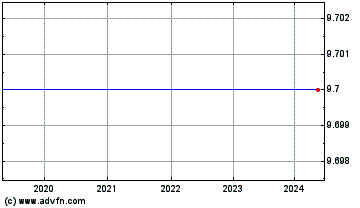Daimlerchrysler (NYSE:DCX)
Historical Stock Chart
From Jan 2020 to Jan 2025


